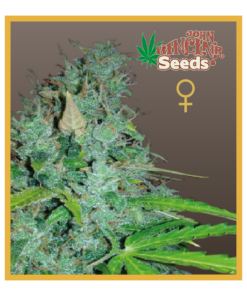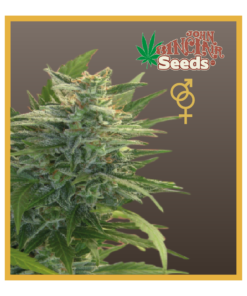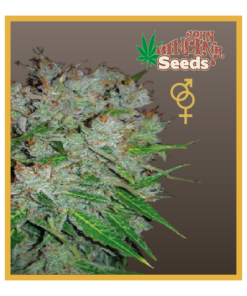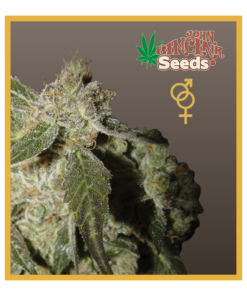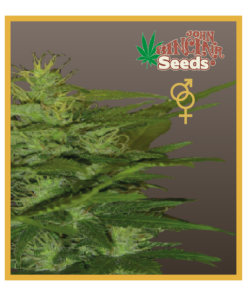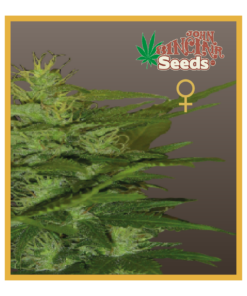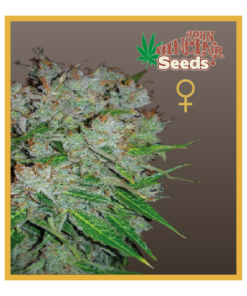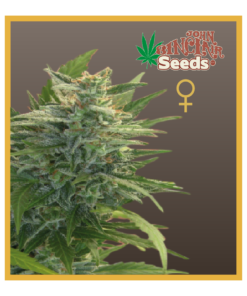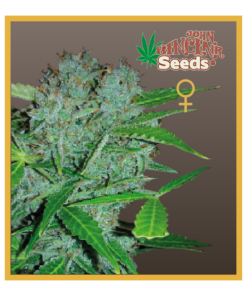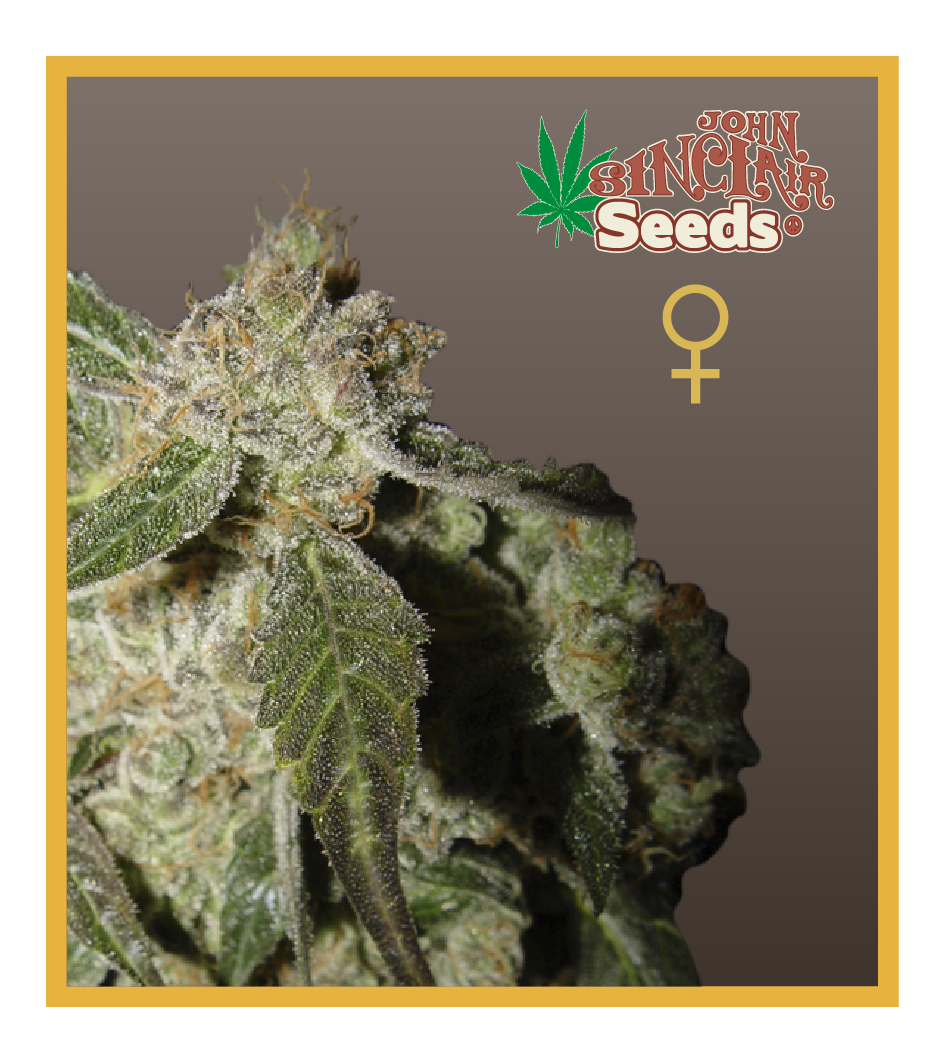
WHITE PANTHER
INDICA X SATIVA 
“White Panther dank buds have loads of crystals with a mind-blowing, pleasant, dreamy, sensual buzz that’s perfect for relaxing outdoors in the sun or snuggling up next to the fire. This gorgeous girl is ultra resinous with a very light and sweet taste.” – Skunk Magazine.
Cannabis Cup winner
Multiple award-winning White Panther, f.k.a. White Smurf, is the original white dwarf. Twice favorite with the connoisseurs at the High Times Cannabis Cup in Amsterdam, White Panther feminized seeds grow a compact, white plant with a dense cover of sparkling crystals. It is suitable for the ‘Sea-of-Green’ method and, under the right conditions, it can produce abundant crops. Reports of very high yields are not uncommon with this strain. White Panther buds are sticky and delicious and give an extraordinary effect. Therefore, fans of White Panther highlight its smooth taste, pleasant daze, and dreamy, sensual buzz. This variety is the perfect choice for anyone with a taste for excellence.
The White Panthers
Ceres Seeds’ original Cannabis Cup winner White Smurf has been renamed White Panther to honor poet, radio maker, and cannabis-activist John Sinclair, who co-founded the legendary White Panther party in 1968. The White Panthers were an American political collective started by Lawrence (Pun) Plamondon and Leni & John Sinclair. They founded the White Panther party in response to an interview where Huey P. Newton, co-founder of the Black Panther Party, was asked what white people could do to support the Black Panthers. Newton replied that they could form a White Panther Party. Thus, the group took its name in emulation of the Black Panthers and dedicated its energies to “cultural revolution.”
The group was most active in Detroit and Ann Arbor, Michigan, and included the proto-punk band MC5 which John Sinclair managed several years before he was incarcerated. From a general ideological perspective, Plamondon and Sinclair defined the White Panthers as “fighting for a clean planet and the freeing of political prisoners.” The group emerged from a radical arts collective called the Detroit Artists Workshop. Among its concerns was the legalization of marijuana; John Sinclair had several arrests for possession.
Sinclair eventually received a ten-year sentence in 1969 after offering two joints to an undercover female narcotics officer. His unexpected release two years later was secured just a few days after a “Free John” benefit concert, with performances from John Lennon, Yoko Ono, Bob Seger, and Stevie Wonder, was held at the University of Michigan’s Crisler Arena. In 1972, the Michigan Supreme Court ruled in the People v. Sinclair that Michigan’s classification of marijuana had been unconstitutional, in effect decriminalizing possession until a new law conforming to the ruling was passed by the Michigan Legislature a week later.
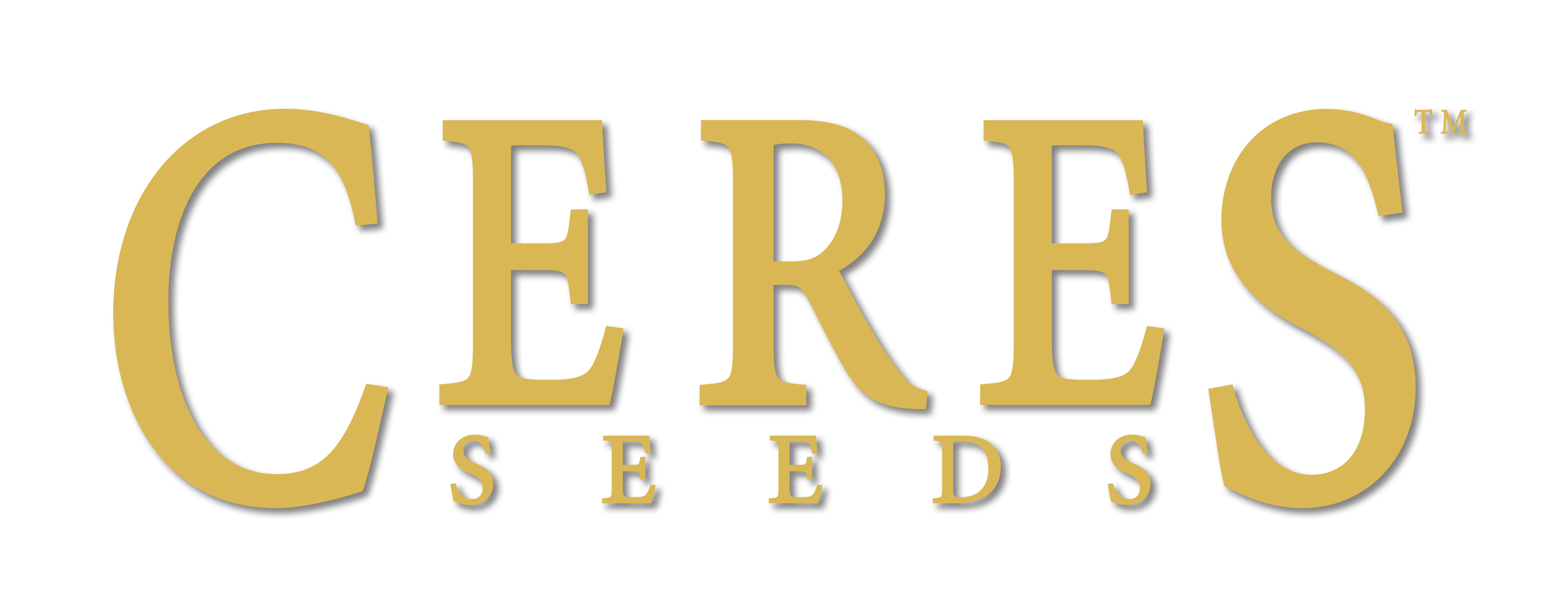




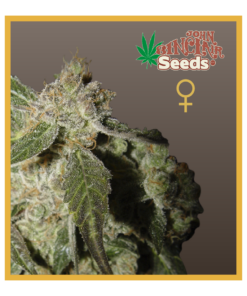

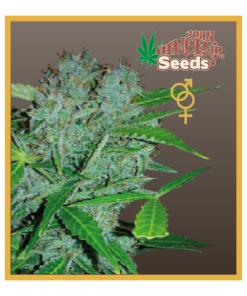
 AMSTERDAM
AMSTERDAM